- Learning time
- 60 minutes
- First play time
- 120 minutes
Lost Ruins of Arnak
Designed by: Elwin,Min
In the Lost Ruins of Arnak players are adventurers, heading into the island of Arnak aided with compass, gold… and a few cards.
The board shows the island itself, with various dig sites dotted across it. To one side is a research track, and at the top are artifact cards and equipment cards that can be purchased. Over five rounds, players deal themselves a hand of five cards from their own personal deck, and then take turns taking actions. There are several to choose from: you can use gold to buy cards, play cards for the action on them, or spend resources to push your magnifying glass and notebook up the research track; the point of which is the short-term rewards of helpful kit (compasses, gold, or faithful assistants) and end-game rewards of points.
The thrust of the game though is the exploration, which takes place across the main body of the board using your two archeologists. At the bottom are five already-dug sites that – if you pay the travel cost, using cards – they can go to and collect the rewards for doing so. But you can also spend compasses to explore new sites, which – the further you go into the island – become more rewarding. The catch is that these new dig sites each come with a guardian: the guardians don’t stop you exploring and finding stuff, but for each archeologist at a site with a guardian, at the end of the round you must add fear cards to your deck. Fear cards aren’t totally useless – you can use them to travel to the basic dig sites – but they otherwise clutter up your deck with ineffective cards that cost you a point at the end of the game.
Fortunately, there are ways and means to both rid yourself of fear cards, and get shot of the guardians as well by paying resources or cards. Defeated guardians bring a benefit, and so do icons (found at dig sites) and so do tokens seeded along the research track (rewarded to the first player to arrive at that juncture of the track) and even the advanced cards themselves – bought using gold/compasses, if you remember – award points as well.
Around the basic actions there are some free actions as well, easily-spotted by the lightening symbol. You can make as many free actions as you like on your turn!
After the fifth round the player with the most points wins.
The guru's verdict
-
Take That!
Take That!
Very little - archeologists block each other out of sites, and a card might be bought before your turn. But the interaction between players is all passive.
-
Fidget Factor!
Fidget Factor!
The first play of Arnak is bit of a learning process with a few different actions and icons to learn. Things will speed up with familiarity, but there'll probably be some point for everyone where they need to juggle opportunities...
-
Brain Burn!
Brain Burn!
And Arnak's brain burning is basically about which thing to do with the options you have - outside of the fear cards, almost everything you do is about claiming some small (or large!) reward, with bigger and better things happening toward the end of the game as every cup seems to be full to the point of overflowing - except, obviously, the one you might like best.
-
Again Again!
Again Again!
There's lots of randomness built into the basic set up, and then the cards themselves ensure turn by turn and round by round dynamics change as well.

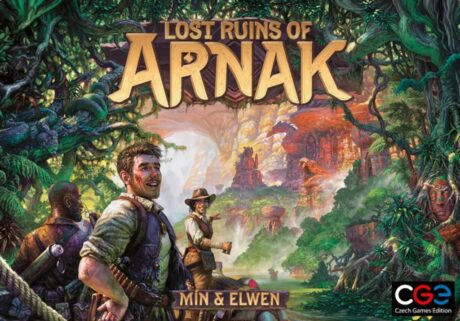
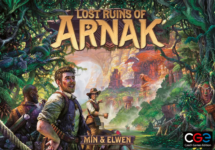
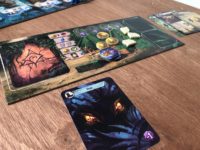
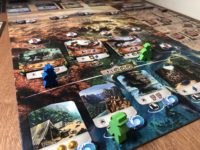
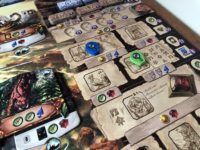


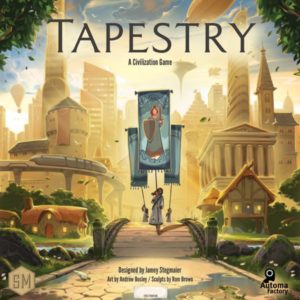
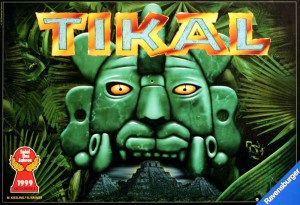
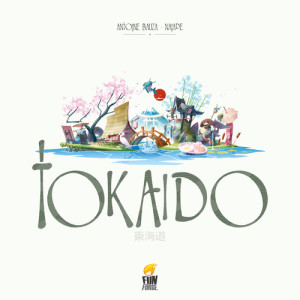
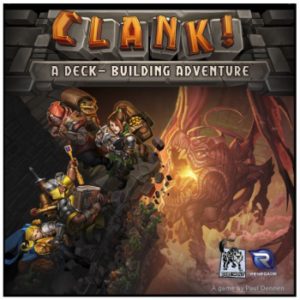
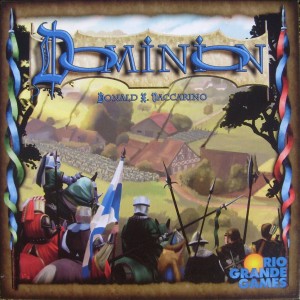
Sam says
It seems madness on first sight, with various cards and tokens and chits and cardboard and plastic and a fairly big board to navigate. But Arnak is really more a two-and-a-half star complexity game once you've played a few rounds: the rulebook seems long, but it's light on text and although you need an hour to read and comprehend it all (best to set out the game as well and try each action), it'd only take ten minutes to teach - if that! The actions are logical and if we've glossed over some finer details here they all make sense as you play. Arnak is good - genuinely fun, with a family-friendly theme and sense of reward to each turn. I like the opportunities to personalise your deck and have these better and better cards coming out in future turns and giving you bigger and better rewards. For my personal tastes it's a teeny bit fiddly, with a lot physical bits to juggle with, and I do look for games with more direct interaction with other players. So much as I enjoy Arnak it's not a personal favourite. But for a game with a friendly and rewarding vibe to it, it does an excellent job.